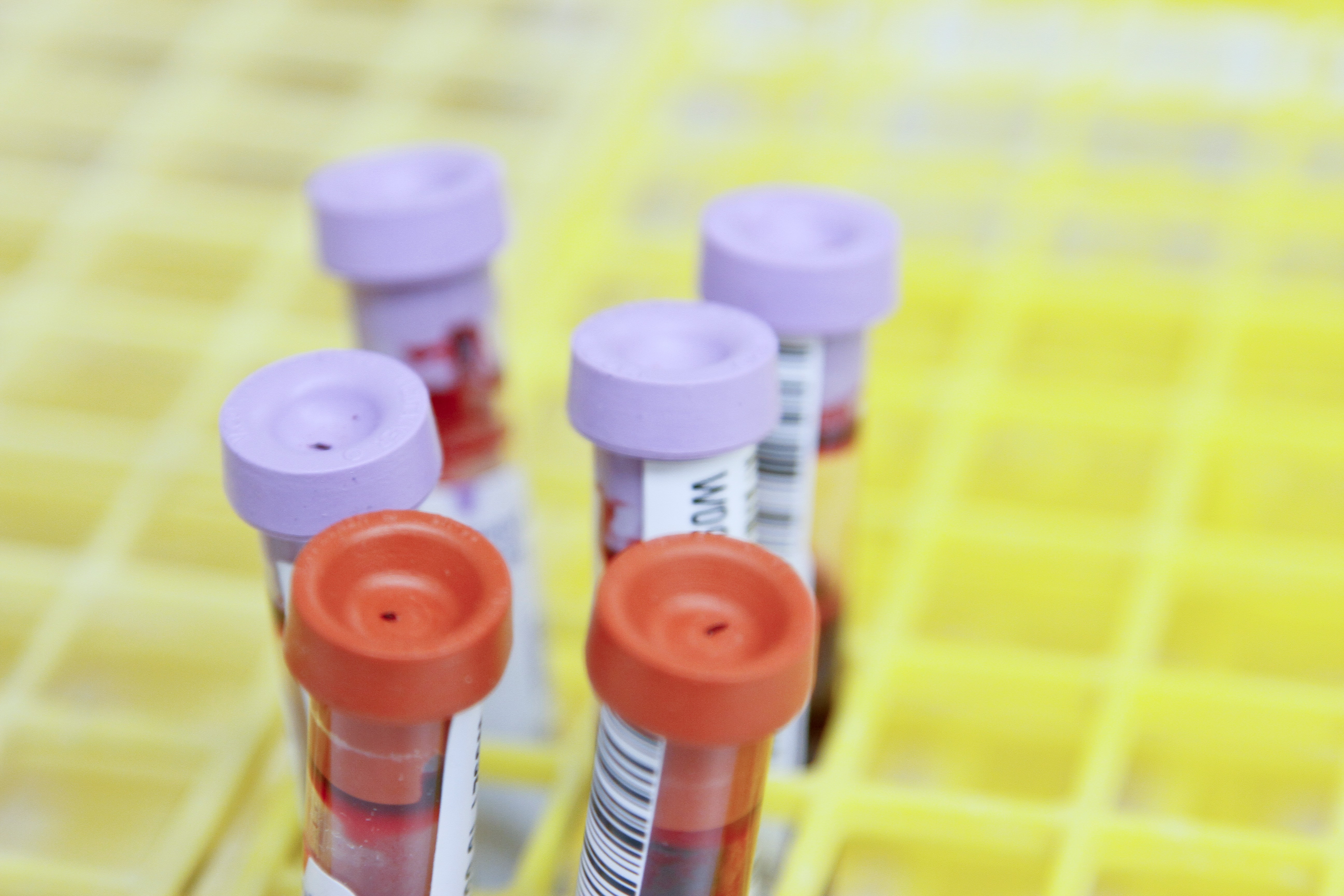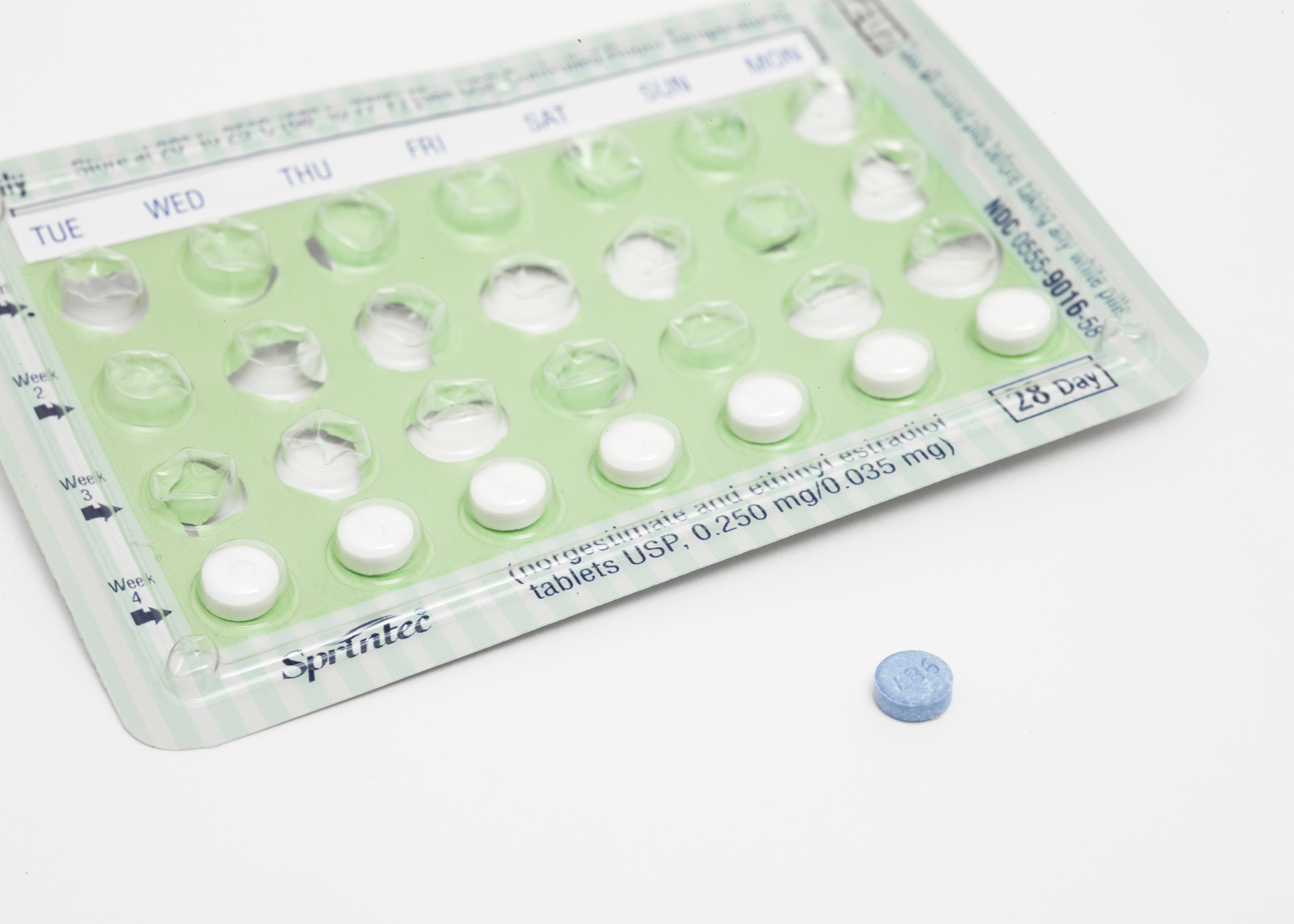Thyroid imbalance is the most common endocrine problem in America exceeding the number of American's with Diabetes by 40%. The reasons for thyroid imbalance are many, and too many cases of hypothyroid go undiagnosed. The reasons for this are discussed below.
How is hypothyroid diagnosed?

Hypothyroid is a thyroid imbalance that results from too little thyroid hormone in the body. Sometimes this is from lack of production at the level of the thyroid, sometimes it is from too little stimulation to the thyroid, sometimes it is from too little substrate to make thyroid hormone, and sometimes it is from poor conversion of inactive thyroid to active thyroid. The tests we use to diagnose each of these are numerous but many doctors are only checking one test, the TSH.
TSH stands for thyroid stimulating hormone and this is the hormone that comes from the pituitary gland and stimulates the thyroid to make more thyroid hormone. This test is a good guide for thyroid level but as the founder of this test said, "treat the patient not the TSH."
Why do so many hypothyroid cases go undiagnosed?
When someone has all the symptoms of hypothyroid but normal TSH, they likely need more thyroid hormone. How much and what kind will be determined by further testing. Many doctors stop at the TSH and don't test them again or look at more advanced thyroid tests. This scenario accounts for many missed hypothyroid diagnoses. For example, high levels of reverse T3 are found when patients are under large amounts of stress and anxiety. This hormone comes from taking the active thyroid hormone T3 (and some of the T4) and converting it to rT3 (reverse T3), which is inactive. This leaves the person with very little active thyroid hormone activity at the cellular level.
When patients develop autoimmune thyroiditis or hashimoto's thyroiditis (autoimmune hypothyroid), they are not making sufficient thyroid hormone either. The insufficiency occurs because the thyroid gland is actually being destroyed by the autoimmune disease. The thyroid is still working but at much lower levels. However the TSH will often show normal levels on lab tests because the feedback loop to the pituitary is interrupted by the autoimmune disease.
Another issue that occurs is poor conversion of T4, inactive thyroid, to T3, active thyroid. This is a problem with poor enzyme activity and often occurs from selenium deficiency. Please consult a doctor before supplementing with selenium as toxicity can occur at a fairy low dose.
The last and final factor in hypothyroid is iodine deficiency.
What is the role of iodine in hypothyroid?
When thyroid hormone is made in the thyroid gland it requires two main substrates, L-tyrosine and iodine. In most people these two substrates are available in the body at sufficient levels to make as much thyroid hormone as you need. While iodine deficiency is not very common in the US, there are cases where it could absolutely play a role in your hypothyroidism. This usually comes into play when people are doing one or more of the following things:
- Not eating enough iodized salt, using sea salt instead.
- You consistently drink fluorinated water (tap water).
- You wear lots of perfumes, colognes, and other products with fragrance.
As people become more conscious about the negative health impacts of sodium chloride (table salt), they reduce their salt intake or substitute it with sea salt. One downside of this is that our main source of iodine is table salt, sea salt has none.
When you drink tap water that is fluorinated (most tap water is), it can have a negative impact on your thyroid by disrupting the conversion of T4 to T3 and damaging the thyroid receptors on your cells. It is estimated that the average American takes in about 3 mg of fluoride/day which is more than enough to create thyroid imbalance, in some.
Similar to fluoride in water, fragrances are made of fluorinated compounds which are not only toxic to the thyroid but also many other endocrine glands and the nervous system.
To find out if your current symptoms are from any of the hidden causes of thyroid imbalance listed above, or to find natural treatment for thyroid imbalance, click below.
 "My weight was getting so out of control. I started their weigh loss diet program and lost 32 lbs! I have been able to reduce my blood pressure medicine, fit back in my clothes, have tons more energy... Now I am back to eating and my desire for foods has changes drastically. Saved my life!!!
"My weight was getting so out of control. I started their weigh loss diet program and lost 32 lbs! I have been able to reduce my blood pressure medicine, fit back in my clothes, have tons more energy... Now I am back to eating and my desire for foods has changes drastically. Saved my life!!!
 "Dr. Cline and Dr. Terranella have been amazing! For the first time we found doctors that actually listen. They care about how your feeling and try everything they can to get you back to a normal state. I am in love with these guys! If you want amazing care, see these guys."
"Dr. Cline and Dr. Terranella have been amazing! For the first time we found doctors that actually listen. They care about how your feeling and try everything they can to get you back to a normal state. I am in love with these guys! If you want amazing care, see these guys."

















